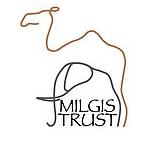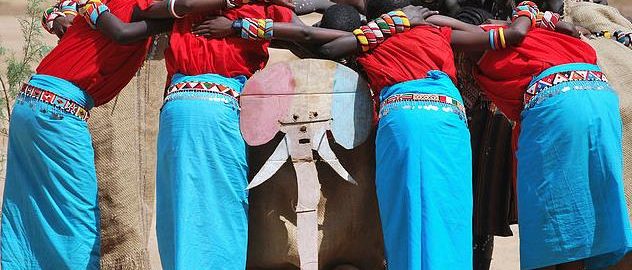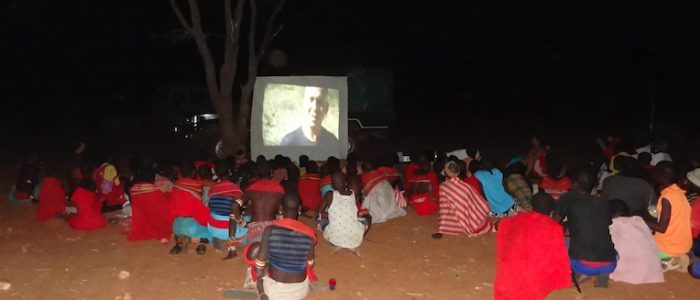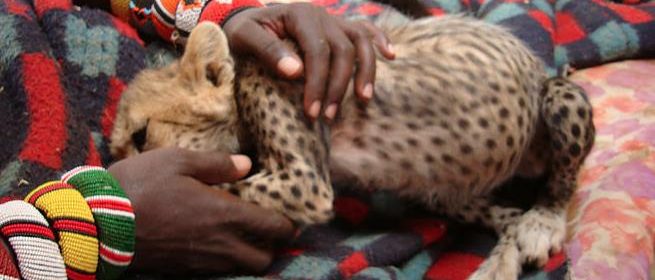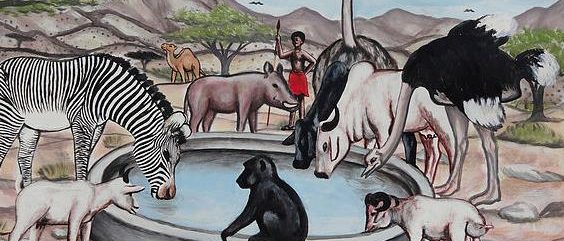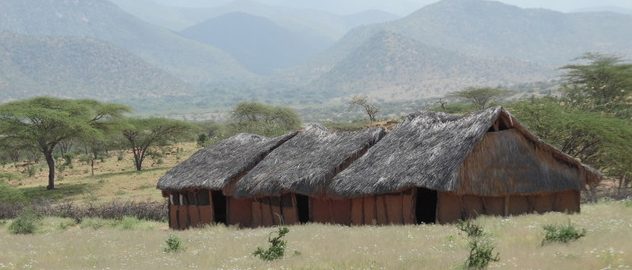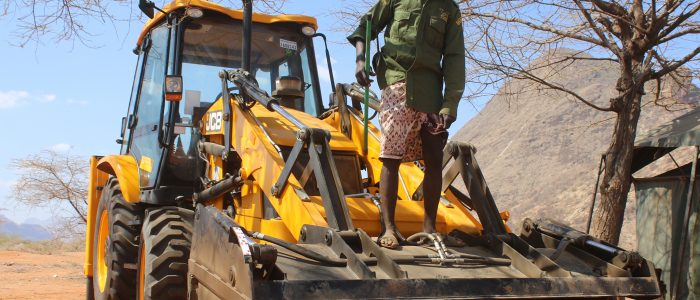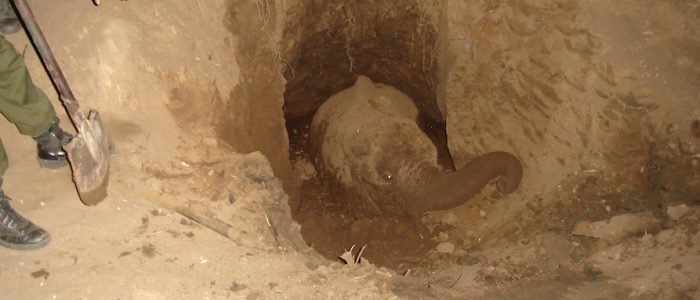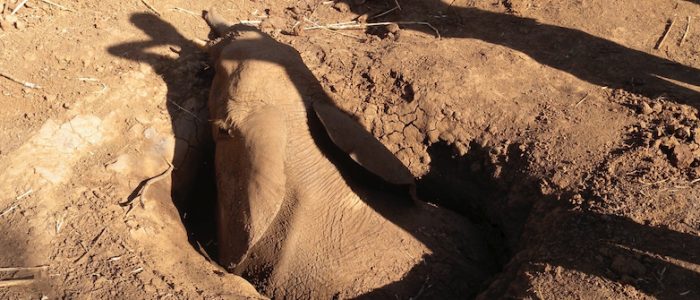You can't talk conservation until you have dealt with the basic needs of the people
Milgis Trust in a Nutshell
Conservation
Each community elects a scout. This scout is in charge of conservation for that area, additionally they must act as liaison between the trust and community.
Collectively, the scouts are responsible for:
- Anti-poaching
- Human-wildlife conflict
- Animal rescues
- General health of Milgis ecosystem
- Community relations
Education
The Milgis trust aims to provide a well-rounded education that promotes children to be ambassadors of the environment.
Keystones in our education programme:
- We have built an eco-school at primary level, which is now independently run by the community
- Built and maintain 4 nursery schools & support many others
- We have mobile film unit (eco-screen), showing conservation concepts through visual stimuli.
- Student sponsorship programme, taking over 40 students through secondary and some to university and college education
- Scouts visiting schools in their area to address students re conservation & sustainability.
Veterinary
The entire existence of Samburu people revolves around their domestic animals. They face great challenges in this hostile environment - our vet programme aims to improve quality of animal health through:
- Rabies, de-worming and chemspey inoculations in dogs
- Treatment of sick or injured wildlife and livestock
- Holistic Grazing management
Water
If a community proves to be environmentally responsible, and welcomes local flora and fauna, then it is considered for a water project. In 13 different locations throughout the district we produce approximately 43 million litres of clean water. This strategy aims to relieve human wildlife conflict at watering holes. We also have a dam unit. Pan – Dams are built by a JCB tractor and harvest rainwater for livestock and wildlife. To date we have built 43 Pan – Dams.
Healthcare
Access to healthcare has been very limited in the area, and so we help out where we can. Our main focus areas are:
- Family Planning
- Facilitate eye missions dealing with cataracts & trachoma
- Emergency medivacs and treatment
Sustainable land use
Loss of habitat contributes immensely to decline in wildlife populations and biodiversity. By preventing the following we aim to improve productivity and regeneration of habitat:
- Wildfires
- Overgrazing
- Deforestation
Elephant Well Project
We have decided to go ahead with the full elephant well project as it is an emergency. Here are some donation ideas for those who would like some guidance:
- Maintain specialised elephant well during desperate drought: $12 / day
- Employ a ranger for a month : $120 /month
- Ranger Binoculars: $300
- Handheld Ranger Radio: $600

Anyone who donates $200 or more will get this amazing CD that we recorded of all our warriors and women singing from neighbouring communities!
Watch the Milgis Trust video:
